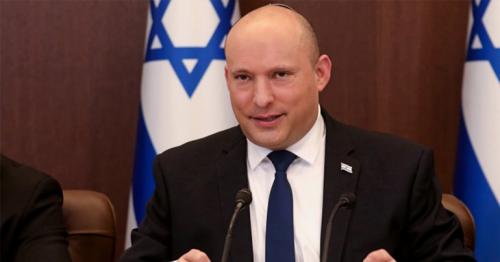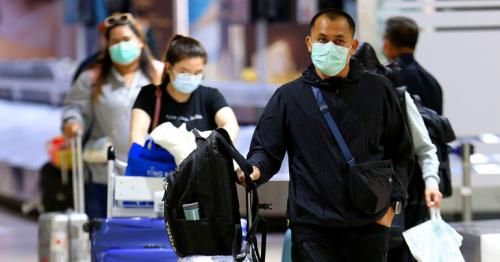Expats Begin Leaving Gulf States
New dependents' tax in Saudi Arabia
In Saudi Arabia, home to almost 11 million foreigners, the new dependents’ tax implemented from July 1 has many of them contemplating their future in the Kingdom.
For many expatriates, this is the only home they have known and cherished for decades — in some cases more than their home country which may seem foreign and distant. The thought of going back never crossed their minds — until now.
“I was born here, schooled here, worked here and married here. This is the only place that feels like home. Although, we visited India every year on our two-month summer holiday to meet our relatives, we yearned to come back here,” said 40-year-old Amal Hussain, a resident of Makkah.
She added: “Even my parents were born and brought up here (Makkah). Most of my relatives are also here. This place never seemed foreign to us. In fact, we feel foreign when we go to India.”
Pakistani national Hira Zulifiqar, a resident of Jeddah, said that she’s not visited her motherland in years. “I visited Pakistan a few times with my parents and siblings, but we never adjusted with the lifestyle there for even few days. We would always return before our scheduled departure.”
The thought of leaving Saudi Arabia is nothing less than a nightmare for most expatriates. “The mere thought of leaving this place makes me cry,” said Hussain.
With the recent implementation of the dependents’ taxes this year from July 1 onwards, expatriates have been left at their wits end. According to the directives issued by the Ministry of Finance in Saudi Arabia, the fee for each expatriate is SR(Saudi Riyal)100 (Dh98) for each dependent per month this year, SR200 in 2018, and SR300 and SR400 in 2019 and 2020 respectively.
Thus for the sole breadwinner with a family with three dependents the tax would amount to SR3,600 in 2017, SR7,200 in 2018, SR10,800 in 2019 and SR14,400 in 2020.
With the annual salary for a lower middle class family averaging around SR60,000, the new taxes make it tough for breadwinners with large number of dependents — especially as salaries are not increasing.
The new tax — combined with the cost of rent, electricity, schooling and groceries — has many families resorting to some serious number-crunching.
For most expatriates, their future in the Kingdom is now in limbo.
“The taxes have made our future quite uncertain. My father can manage to pay the tax for only a year for my four siblings, my mother and I. Next year, we may have to go back to Pakistan if my father doesn’t make enough in his business,” said Zulfiqar.
“We came here to give our two children a better lifestyle to and save for their future, as my husband had better work opportunity here. But, since his company won’t pay family tax, we don’t know what to do,” said Rashmi Desai, who moved to Jeddah 10 years back with her husband after marriage.
Some expatriates whose children study in international schools have planned to leave for good after their children’s school year comes to an end. They say the going is tough with the dependents’ tax, which has led to a hike in school fees and inflation in the prices of basic commodities.
“I am just waiting for my children to finish their final exams in March next year, and then we have planned to leave. The taxes are increasing every year and everything has become expensive. Even these few months are quite difficult,” said Umm Zahrani.
“The dependents’ tax and costly education forced us to leave,” said Iman Wajih.
Kashif Mirza, a father of seven, said has arranged for his family to move back to Pakistan in the next few days. “I respect the laws of the Kingdom, and I feel our time here has come to an end.”
Umm Danyal, a mother of five children, also echoed similar sentiments. She and her husband, however, are thinking of migrating to Canada or Australia for their children’s future because they don’t prefer to live in Pakistan.
On the other hand, in a desperate bid to stay in the Kingdom, some expatriates are moving into smaller houses and admitting their children into low-fee schools. Zeeshan Aslam, a father of two children, said that if his family wants to live here, they would then have to compromise their lifestyle in every aspect.
“We will have to live on a tight budget if we plan to stay here. How much it will help, I don’t know.”
“We are thinking of sharing apartments with another family from our country. With the high school fees, we don’t have the luxury to live independently,” said a Filipino national, who didn’t wish to give his name.
For those who wish to stay in the Kingdom, the dependents’ tax has to be paid before Iqama (residence permit) renewal. Those expatriates who plan to leave for good will have to pay the tax for the remaining year before they are given the final exit approval. Dependents include wife or wives, children, parents, domestic worker or any person registered as sponsored by the expatriate worker.
tag: international-news , legal
Share This Post





